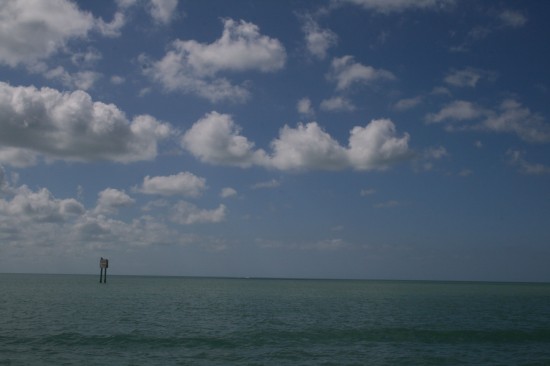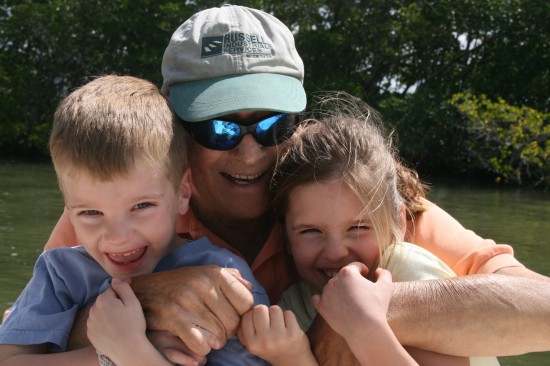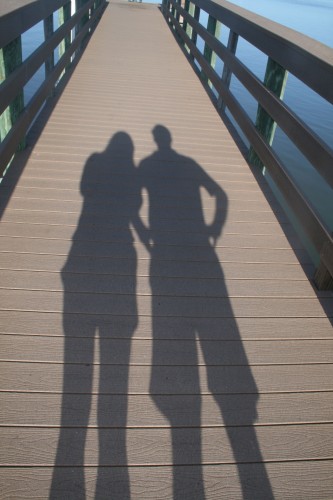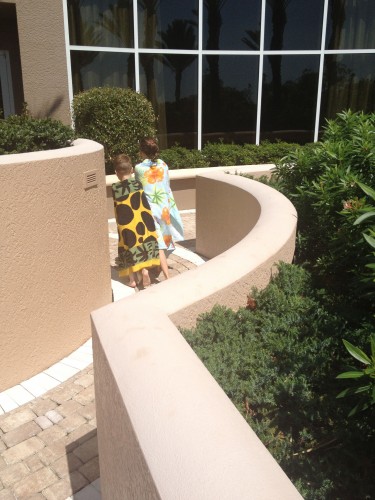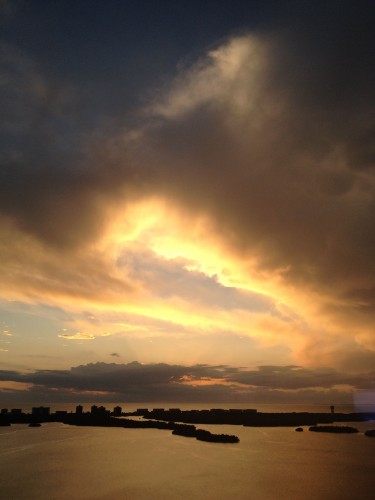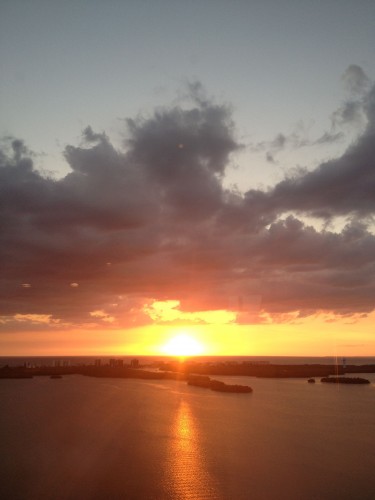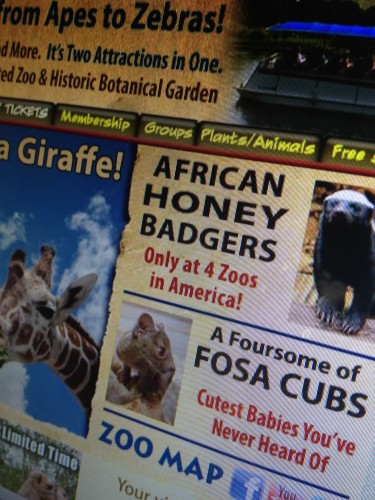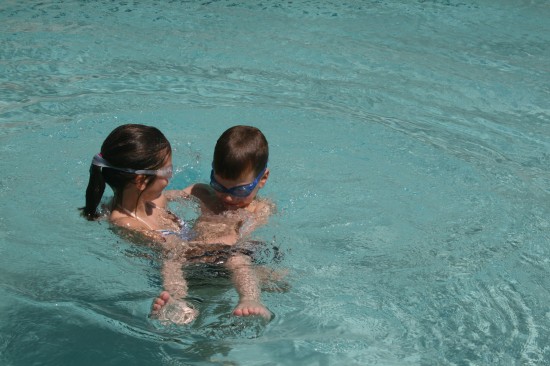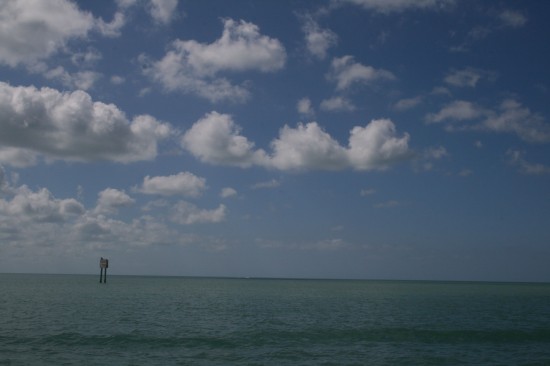
I have just spent a week at the ocean, and Mark Doty has been in my head. This can only send me in one direction: it makes me think, as I often do, of one of my very favorite essays, Doty’s Cold Dark Deep and Absolutely Clear, part of which is available here. The essay is a meditation on the death of Doty’s partner, Wally, and it contains some of my favorite sentences ever written. Doty talks about a wounded seal on the beach, and muses on the image of the merman, a being who slides easily between worlds. The coast becomes place where this slippery transferability is made easy.
Doty also shares some observations on writing and ways of imagining and integrating our experience. As someone whose instinct – in writing as in life – leans towards the metaphorical, I love what he has to say about that as a way of understanding the world. His lines about the spirit are among those I hear most often in my head; he’s up there with Wordsworth for most-frequent haunter of my thoughts. Haven’t we all had moments where we feel our spirit, like flames, both a part of our physical presence and something, somehow, ineffably separate?
My way of knowing experience is to formulate a metaphor that describes or encapsulates a moment; it is a way of getting at the truth. And a way of paying attention, of reading the world.
The spirit is that in us which participates. It moves alone, like air or fire, and it moves with the body, lifting the body’s earth and water into gesture and connection, into love.
Doty’s essay is not strictly about the ocean but it is suffused with images of the coast and of distant water (cold, dark, deep, and absolutely clear).
The body is not me. I am my body, but I extend beyond it; just as my attention laps out, as my identity can pour out into the day. I have learned more about this, living beside the water, as if the very fluidity of the landscape gets inside us and encourages our ability to slip our fixed bounds and feel ourselves as extended, multiple, various.
There is something I find essentially familiar about being near or on the ocean. This is something I must have inherited: my parents, both passionate and intuitive sailors, cite as one of the major reasons for moving home from London their longing to be close to the ocean again. I am at my core a liminal being, born just at the beginning of the turn from one season to another, drawn to the edges and hems of this human experience, beguiled most of all by the shadow at the border where light and dark bleed together. It is surely no accident that I am so deeply moved by sunrise and sunset, which are the edges of time just as the coast is that between earth and sea.
Perhaps I am drawn to these boundaries because it is there that I feel, as Doty says, extended, multiple, various. Maybe it’s here, in the blur between one world and another, between one night and a new day, that my spirit recognizes its true home and, in its comfort and elation, makes its presence known to me.

